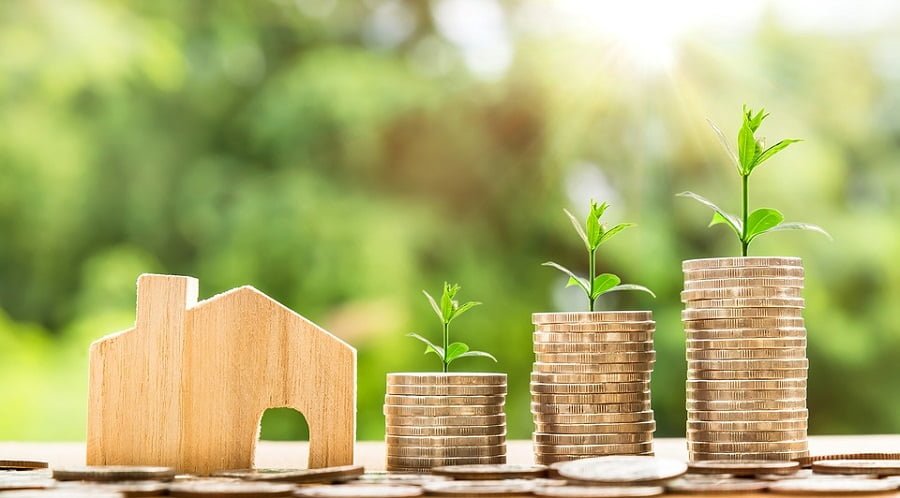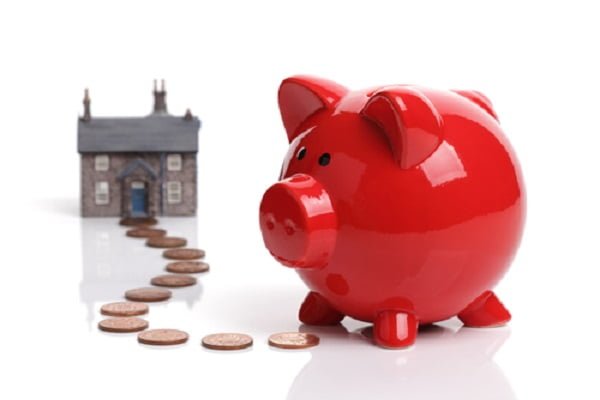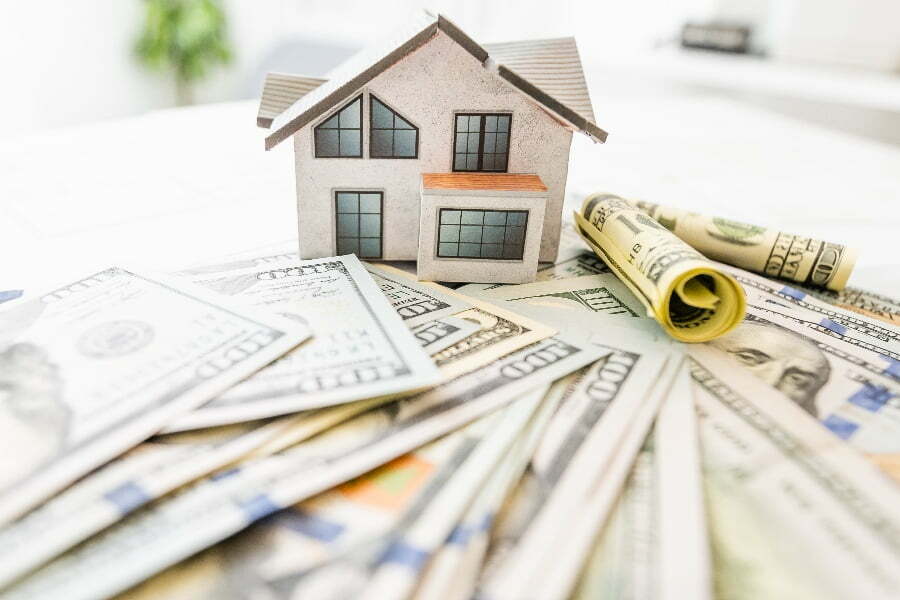Last updated on
Just bought a new house and already want to sell it? But how soon can you actually sell it after the purchase, all things considered? Here’s the answer.
The most significant investment you can have is buying a house, and selling it may be your biggest financial challenge. Technically, you can sell your home the moment you have purchased it and passed all legalities and regulations. However, selling your house after the purchase has its risks and potential losses. Unexpected changes might force one to make decisions to leave sooner than expected, facing these financial drops and possibly losing money.
With that said, it wouldn’t be a good financial move to sell your house right away without proper consideration of different factors. Furthermore, this article will guide you on the proper way of selling your house without financial losses by understanding some factors and exercising the proper mindset.
The Goal for Selling Houses Prematurely

One might think that selling houses too early leads to a significant financial loss. While that is possible, there are ways and instances where selling your house is done without losing any money.
In truth, some homeowners lose profit even if their property value has increased. There are payments and taxes to be handled during the transition process that could turn a financial profit into a financial burden. And If you’re planning to sell your house for the sake of getting it out of your hands, chances of getting profit might be slim as well as several losses along the way from the seller and the buyer’s side.
We can start maximizing profit by identifying factors that deduct your profit, such as legal fees and taxes. Consider these financial variables before selling your home. Your goal should increase your property value and reduce costs and taxes as much as possible, and here are some of these deductions which you can cut down.
Capital Gains Taxes

Capital gain taxes are deductions from your profit over the original value. These could potentially take at least 15% off on your profit, and this is a lot of money for a 15% deduction, considering you’re maximizing your profit as much as possible.
Fortunately, getting exemptions from capital gains taxes is possible, and it depends on the reason for selling and how long you’ve owned the property.
For most homeowners, staying for at least two years under your primary residence would be the best way to avoid capital gain taxes as well as special exemptions for the first $250,000 profit gain from single homeowners and $500,000 for married homeowners following the Taxpayer Relief Act of 1997.
In some cases, however, homeowners affected by natural disasters and unemployment may receive a special exemption from the capital gains tax. It is best to consult a tax professional before selling to determine if you’re eligible for an exemption.
Mortgage Prepayment Penalties

More than likely, you’ll have to cover mortgages penalties should you decide to sell your house too early. Lenders are more than likely to add penalty clauses in your mortgage contract because you’ll be missing out on future interest to be paid for the next few years.
Owning the property for a few good years is an excellent start to decrease these penalties and avoid cuts from your profit. Alternatively, paying off the mortgage in advance or having a property with no prepayment penalties would be better if you can still profit from selling it.
For example, if I sell my home for cash, I must pay off my debt first. In this case, the selling process is simplified because no further financing is involved.
Closing Cost

Buying and selling a property are the closing costs, and while buyers pay an estimate of 2 to 5% of the sale price, sellers would have to pay far more.
Closing costs include prorated taxes, recording fees, and insurance premiums, which could sum up for at least a 10% cut of your total profit. However, keep in mind you still have to pay real estate commissions, which are not included in the closing costs, and these commissions take up at least six percent or more, making it a big single cost deduction from your overall profit.
Fortunately, cutting down on commission costs is possible. You can view a list of new homes for sale without an agent and pay only 3% for the buyer’s agent. The obvious downside of this method is you might give your house a bad sale price and unguided financial decisions.
To reduce this, get exempted from taxes and payments as much as possible. Getting an exemption from the capital gains tax mentioned above is a smart financial move.
However, you’re pretty much limited when it comes to lowering down commission and closing costs, but as long as you can deduct other fees and taxes involved, then the cut these deductions should not be much of a problem later on.
When to Sell?

Selling Your Home After Five Years
Considering all the factors and conditions needed to maximize profit, the best waiting time is five years of ownership to sell your property to cover the costs and taxes. Five years is more than likely enough to build equity and appreciate your property value. Additionally, the accumulated amount of your mortgage payments is directed to the principal than the interest.
Selling Your Home After a Year
In some cases, you may want to sell your home as soon as possible. It is still doable to sell your home prematurely as early as a year after owning it. There are situations where the projected profit covers all the taxes and fees and still walk away with a higher cut than the initial purchase value. Take a look at these circumstances and consider selling your home once this happens.
Increased Market Appreciation
Market demands are rapidly changing, and your initial purchase value might increase or decrease over time. If you’re working with a real estate agent, you appraise your property value per the market demand in your location and consider the mortgage payments and other values. You can sell your house as soon as possible, especially if the profit is more significant than the initial purchase value.
Be reminded that to sell a house means spending a significant amount of money, consider your deductions to see if the profit is still higher than your initial purchase value.
Forced Appreciation
Increasing your property value by renovations and upgrades is a common way for homeowners to maximize profit. The more you upgrade your home and increase its value, the sooner you can sell your home for profit.
However, be careful on how you upgrade your home, you still want for its price to be profitable and affordable enough to be sold as soon as possible.
Takeaway
Selling your home soon is not to be handled carelessly; it takes time and careful assessment of the numerous financial variables to succeed. Nevertheless, as long as you plan and be ready to take on some setbacks, you’ll see your property as an opportunity for financial success.
Recap
Liked this article? Here's what you can read next:





